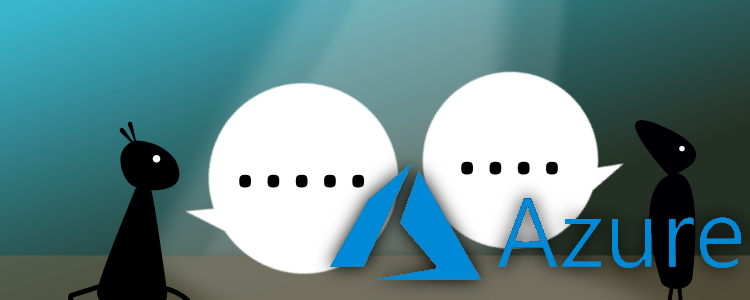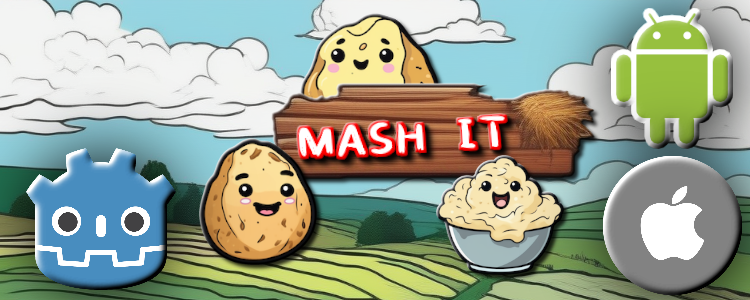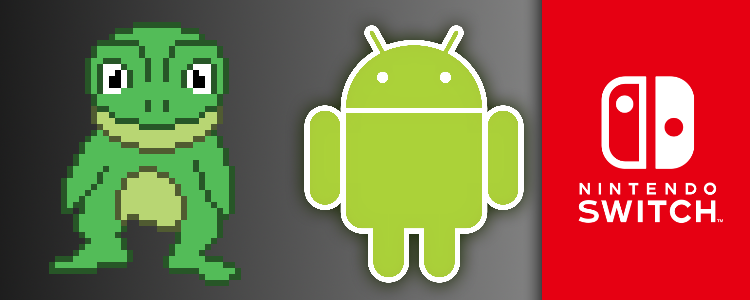C++/C# programmer
C++/C# programmer
Developed in March 2023
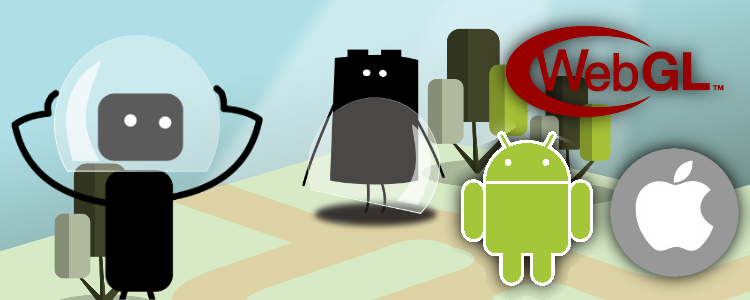
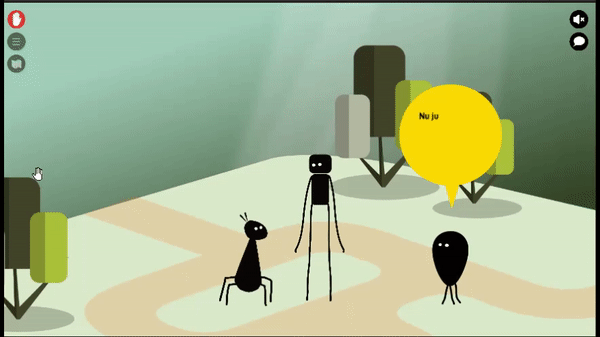
The Karman Line is a collection of games that aim to teach people with acquired brain damage coping strategies to deal with their newfound disabilities.
There are four lines of games that each teach a different strategy to a different demographic.
Each line of games also has an app that goes along with it, which people can use to apply the strategies learned in the games to real life.
I worked on these projects during my year-long graduation internship at Game Architect Studio.
They are made for Klimmendaal Revalidation Specialists in cooperation with (among others) Radboud Universiteit.
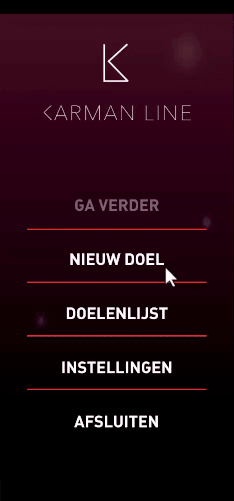
Goal Management Training (GMT) and Time Pressure Management (TPM) are very similar lines of games. They both involve making step-based plans to reach goals to progress through an amazing space adventure story. In the apps, you can create your own goals with steps as you do in the games, including the mechanics unique to each line.
Goal Management Training is aimed at people who have problems with their executive function. It teaches to set specific goals and to define the steps necessary to reach them. It also asks you to define an emergency plan, which you can use to take a moment of rest when things go wrong. After every step, you have to check if you finished the task correctly. This is to prevent unnoticed mistakes, which could cause great confusion.
Time Pressure Management is aimed at people who have trouble with time pressure. It teaches a strategy similar to GMT, where you make plans to reach goals, but rather than checking if every step went well you identify the steps that may cause time pressure and think of ways to mitigate that pressure. The games in TPM are more involved because they are meant to cause time pressure so that the strategy can be applied.
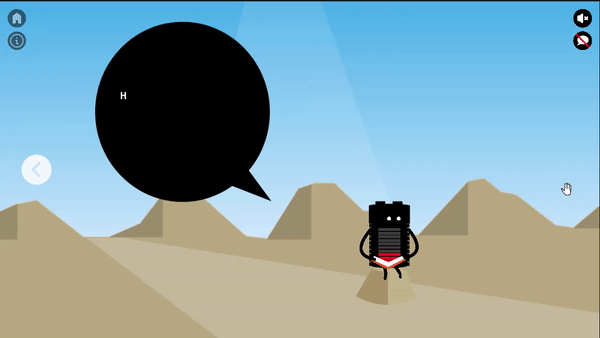
Energy and Memory are quite different, but the apps have a lot of common features. Both feature a calendar and various systems centering around relaxation.
The Energy line of games focuses on managing your energy levels. People with acquired brain damage may tire sooner than they used to, so these games teach to balance exerting tasks with relaxing ones. The app uses the calendar system to track energy levels throughout the day/week/month. This also includes activity presets, pie charts, and mobile notifications. It even features a breathing exercise.
The Memory line of games focuses on people whose memory has been damaged. It teaches to keep lists of notes and todos, to manage an agenda, and to rely on others to remind you of things. The app combines a regular calendar system with notes and todos.
I did a lot of work throughout all of these projects.
Some of the work was task-based, but some of these projects were nearly entirely done by me and those were fully initiative-based.
The client of the projects was very active in giving feedback throughout development, which created a very close back-and-forth that allowed for rapid iteration and QA testing.
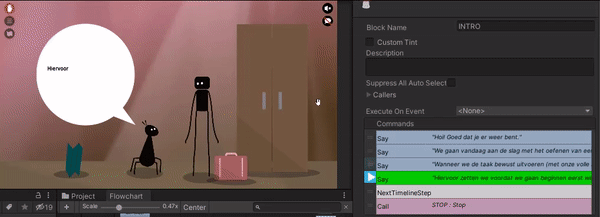
I worked on several central mechanics of the main games and I did a lot of work to polish their quality:


The Energy and Memory apps were both almost entirely programmed by me from scratch. I implemented all the core systems and defined the code architecture. These systems include:
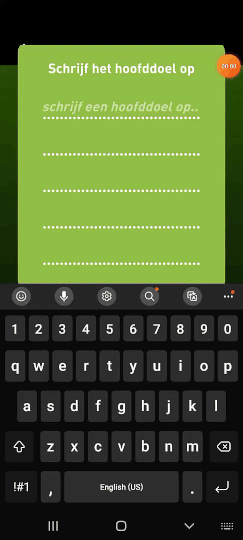
I did some small tasks on the GMT and TPM apps, which were already nearly finished when I joined the project. These tasks include:
These projects were my introduction to programming for the medical world. I loved working on this because it was helping people and the topic of acquired brain damage is very close to my heart. I was given a lot of freedom to take ownership over many parts of the projects and this helped me a lot in my productivity.
Project tags: #Android, #Applied Game, #C#, #Existing Codebase, #Gameplay, #Graphics, #Healthcare, #IOS, #Multidisciplinary, #Tools, #Unity
